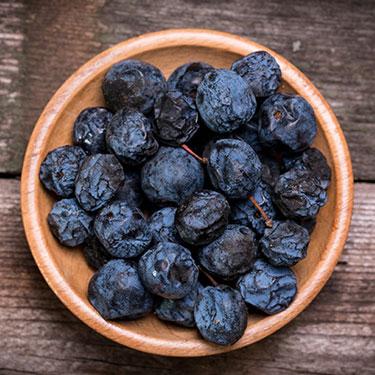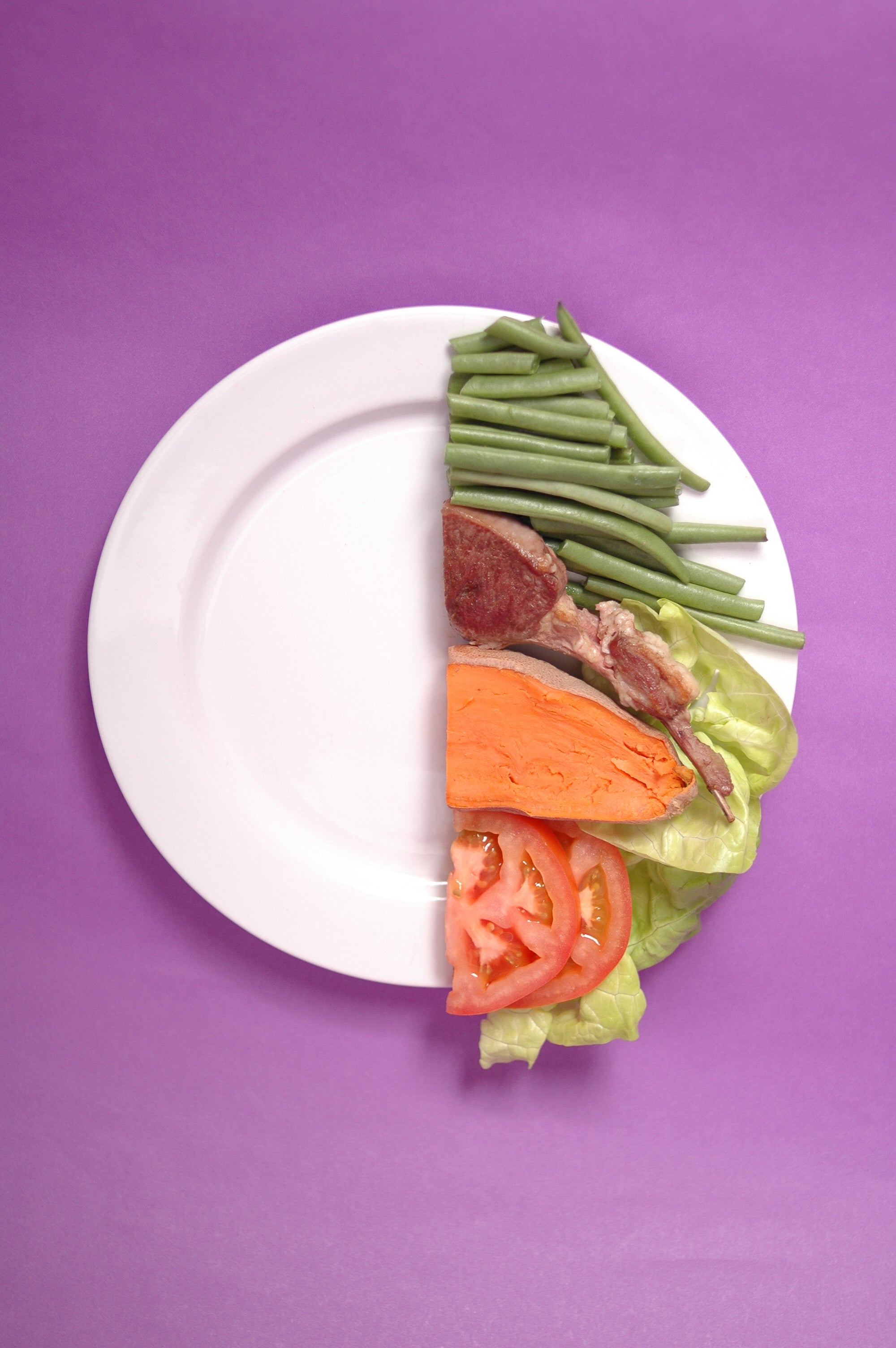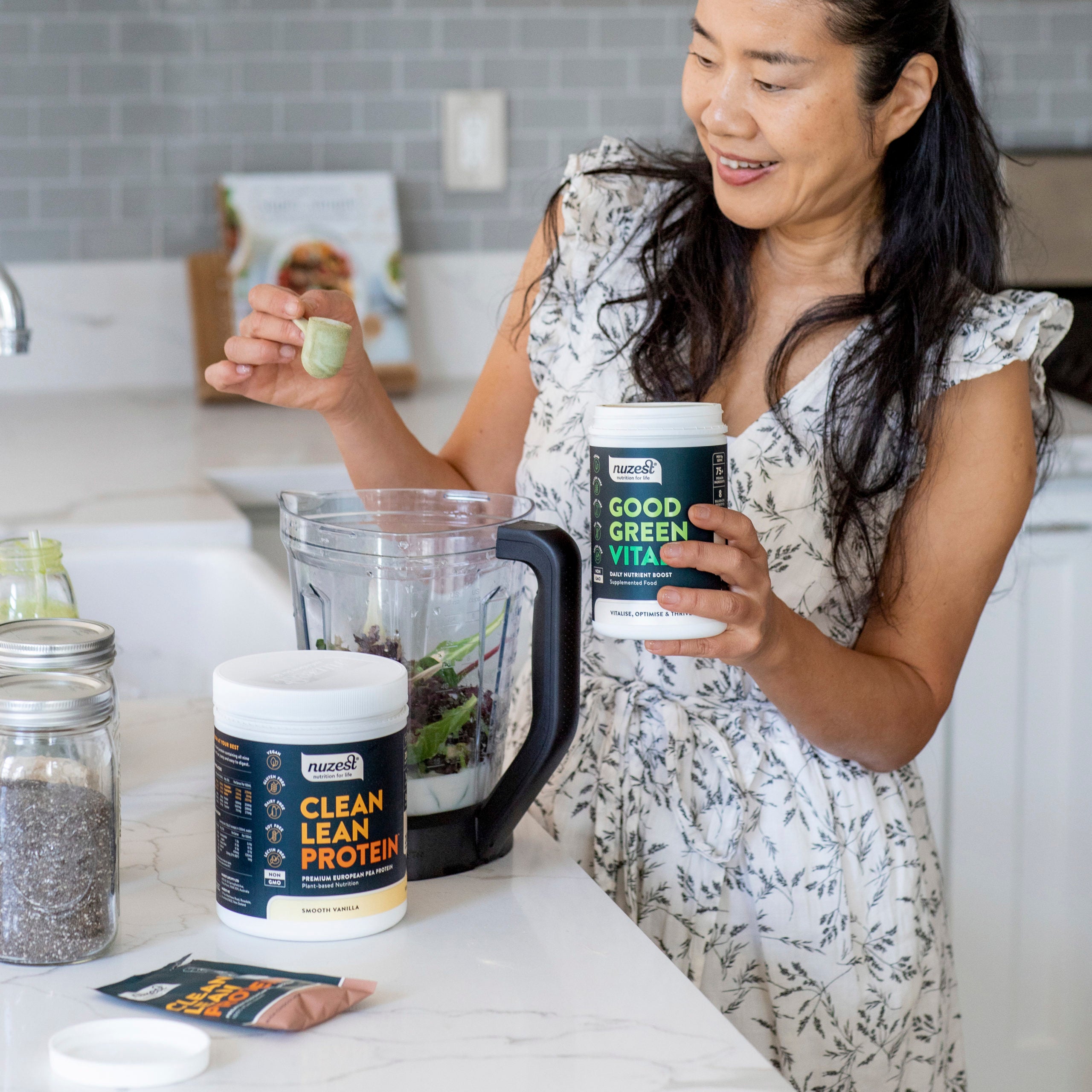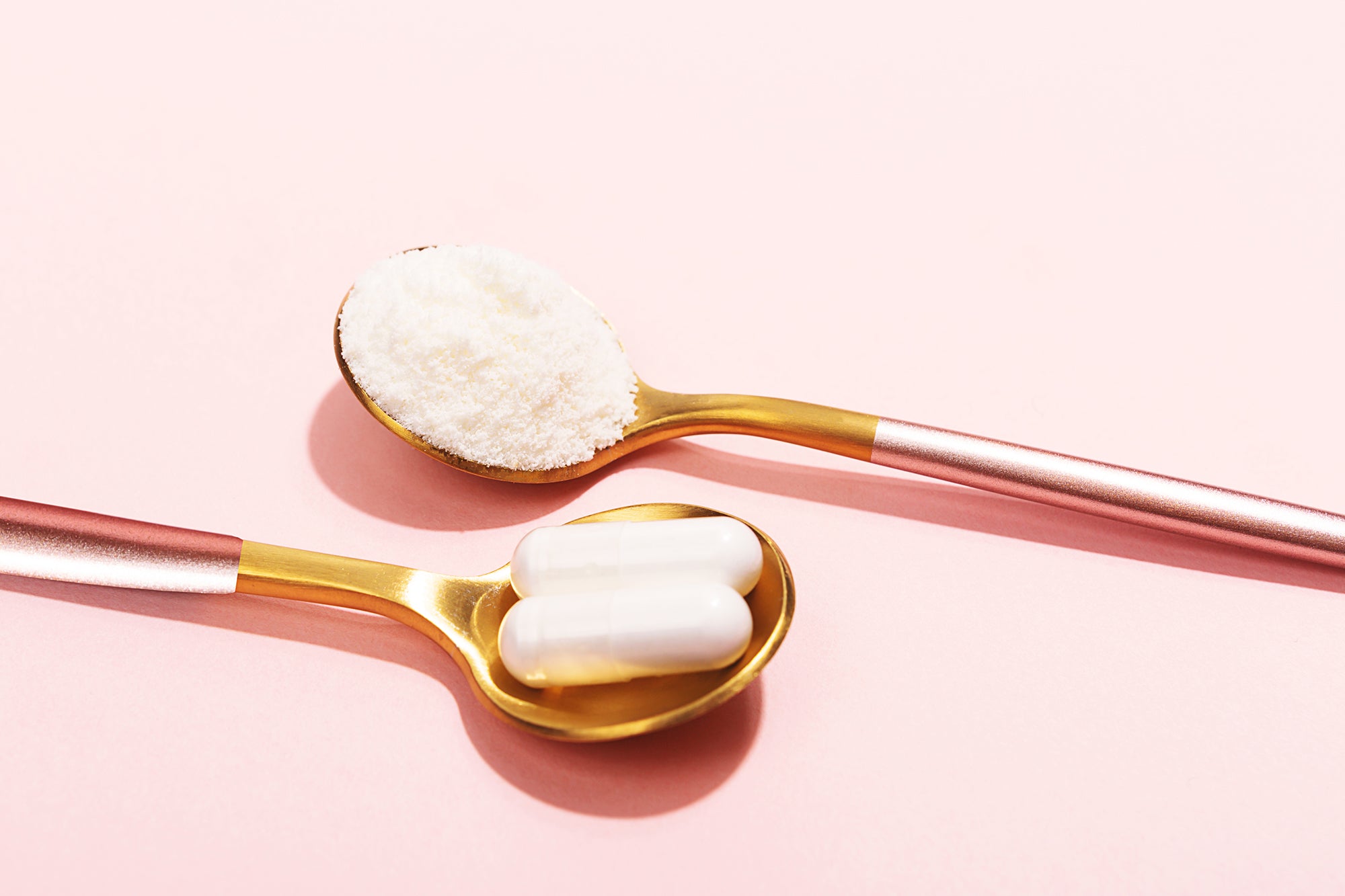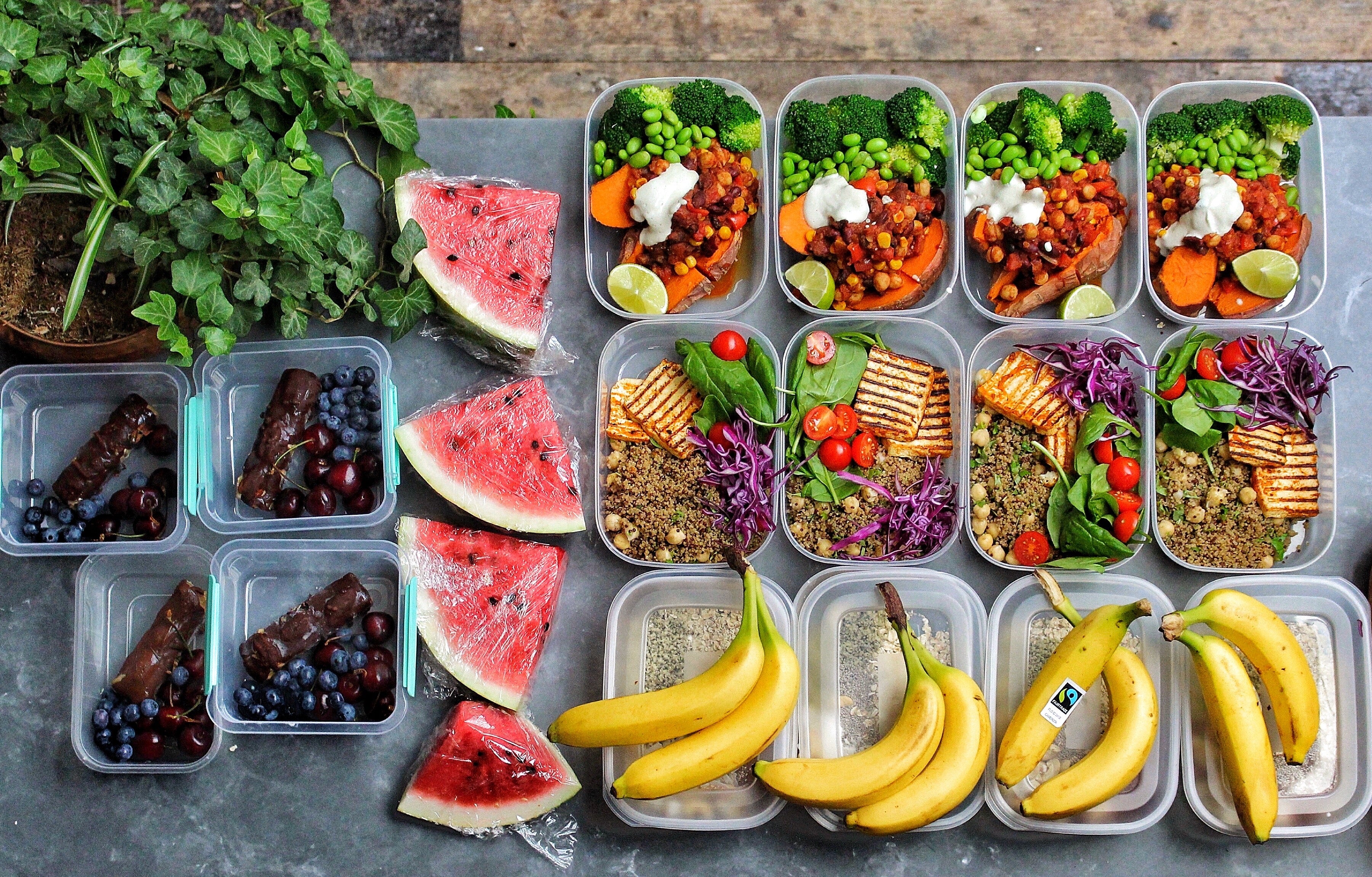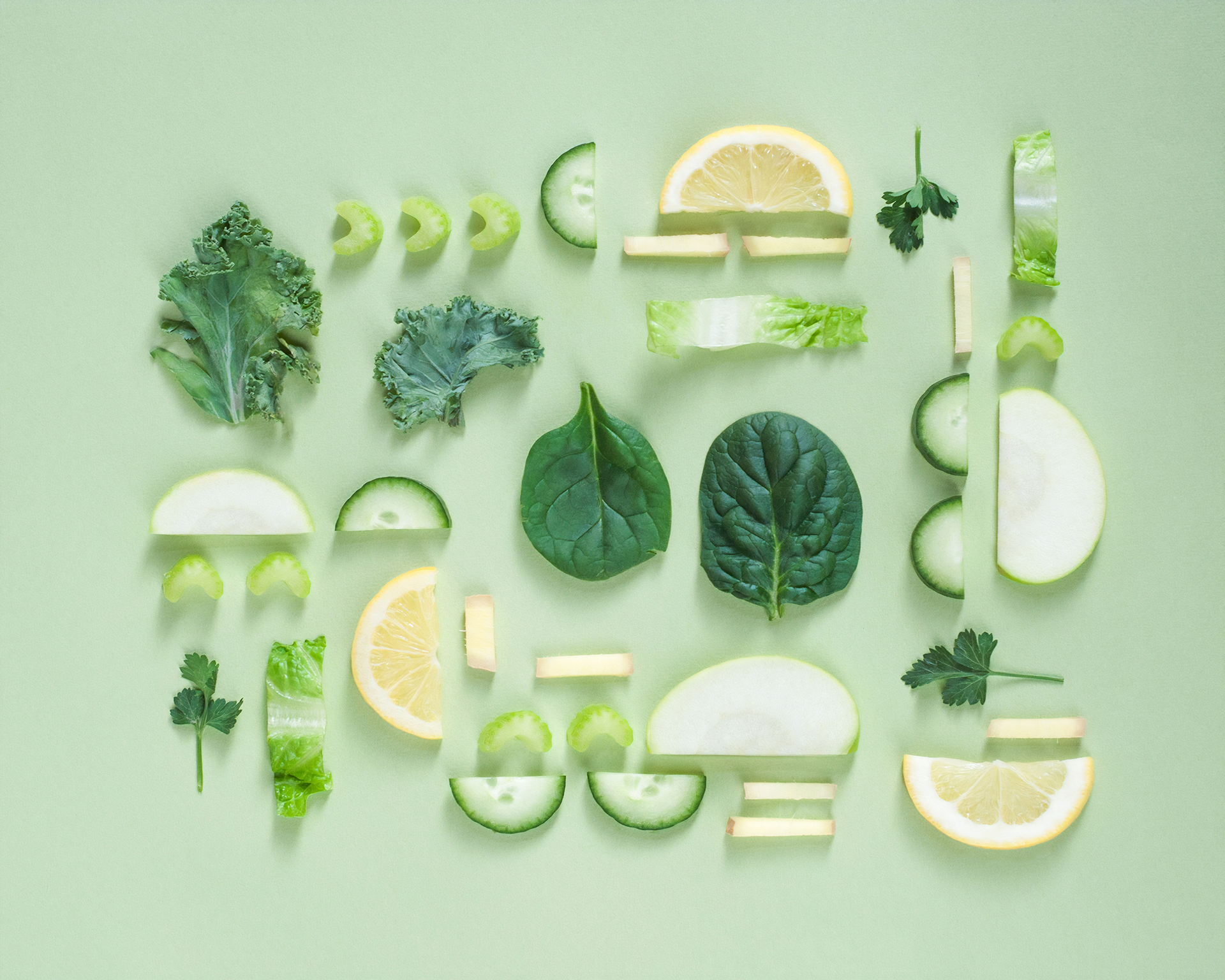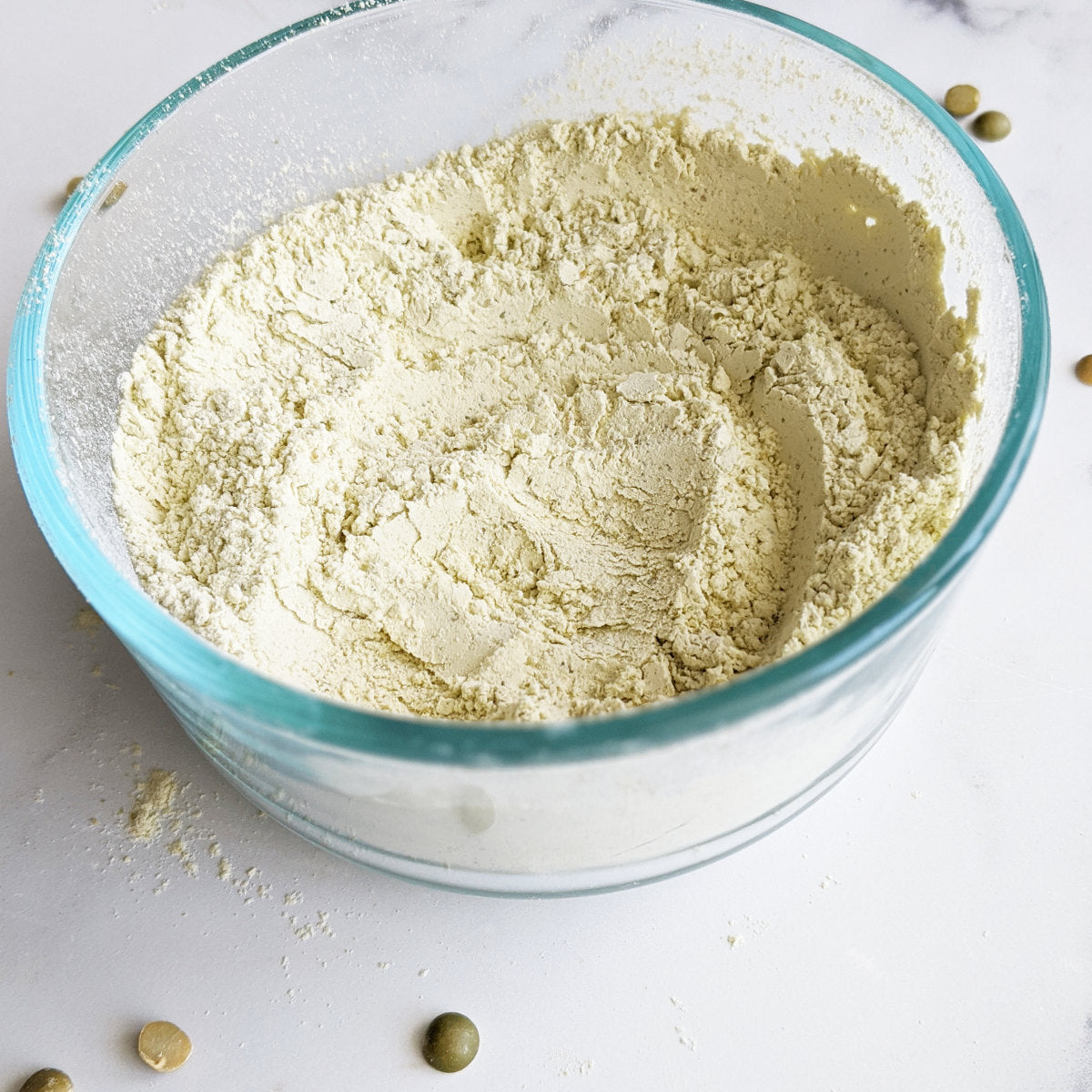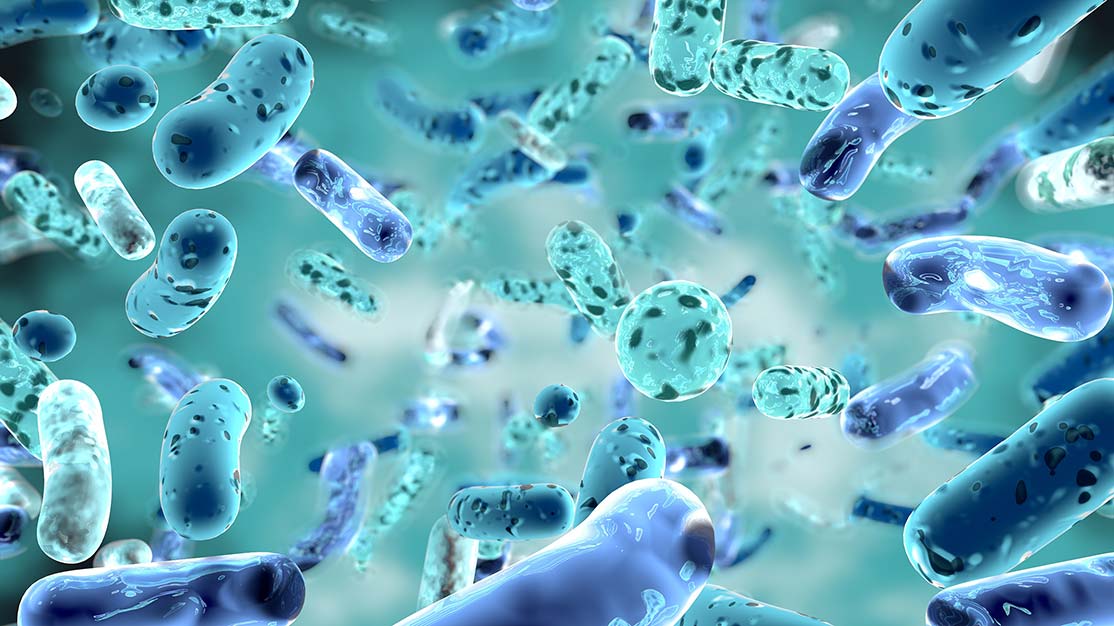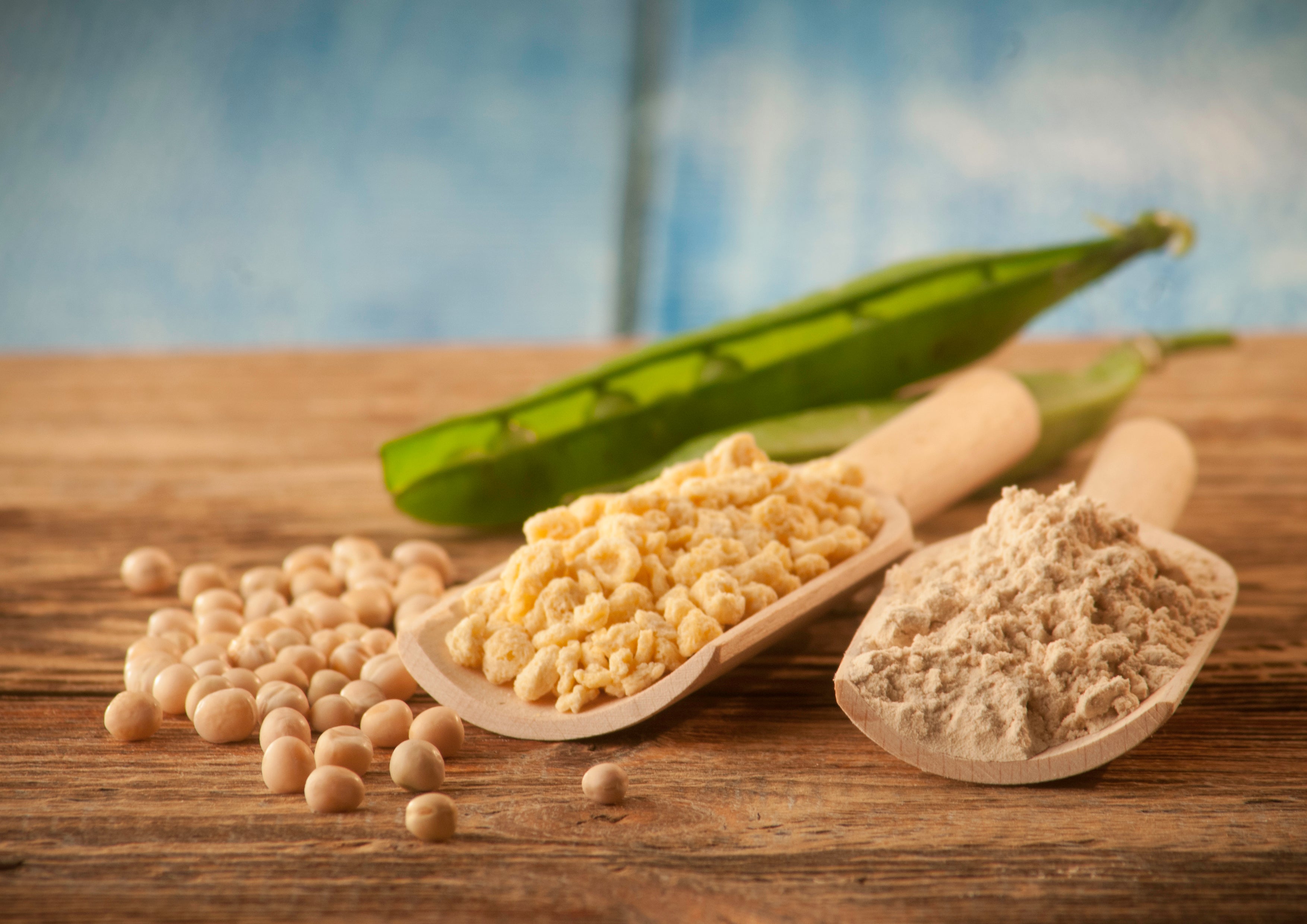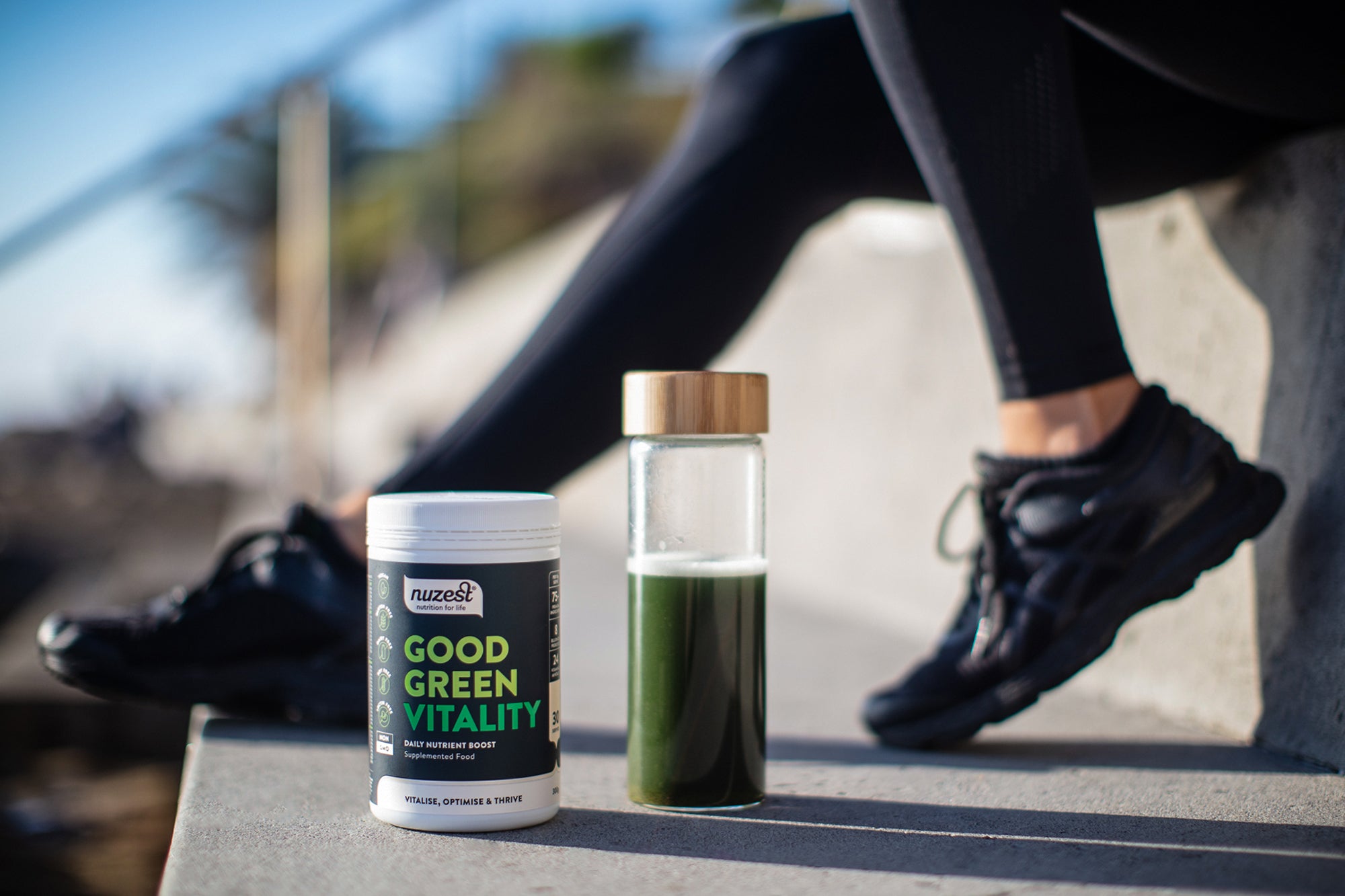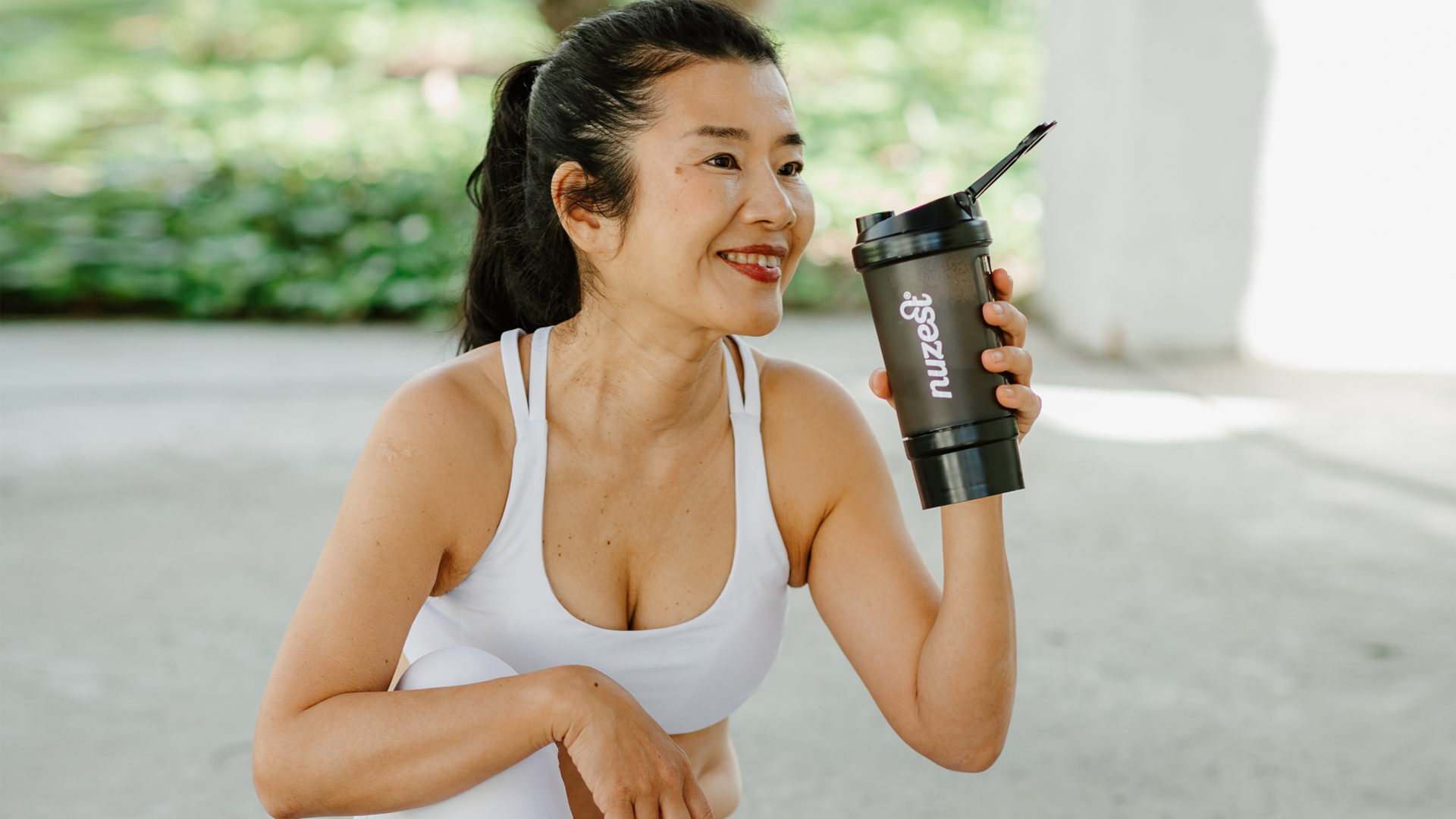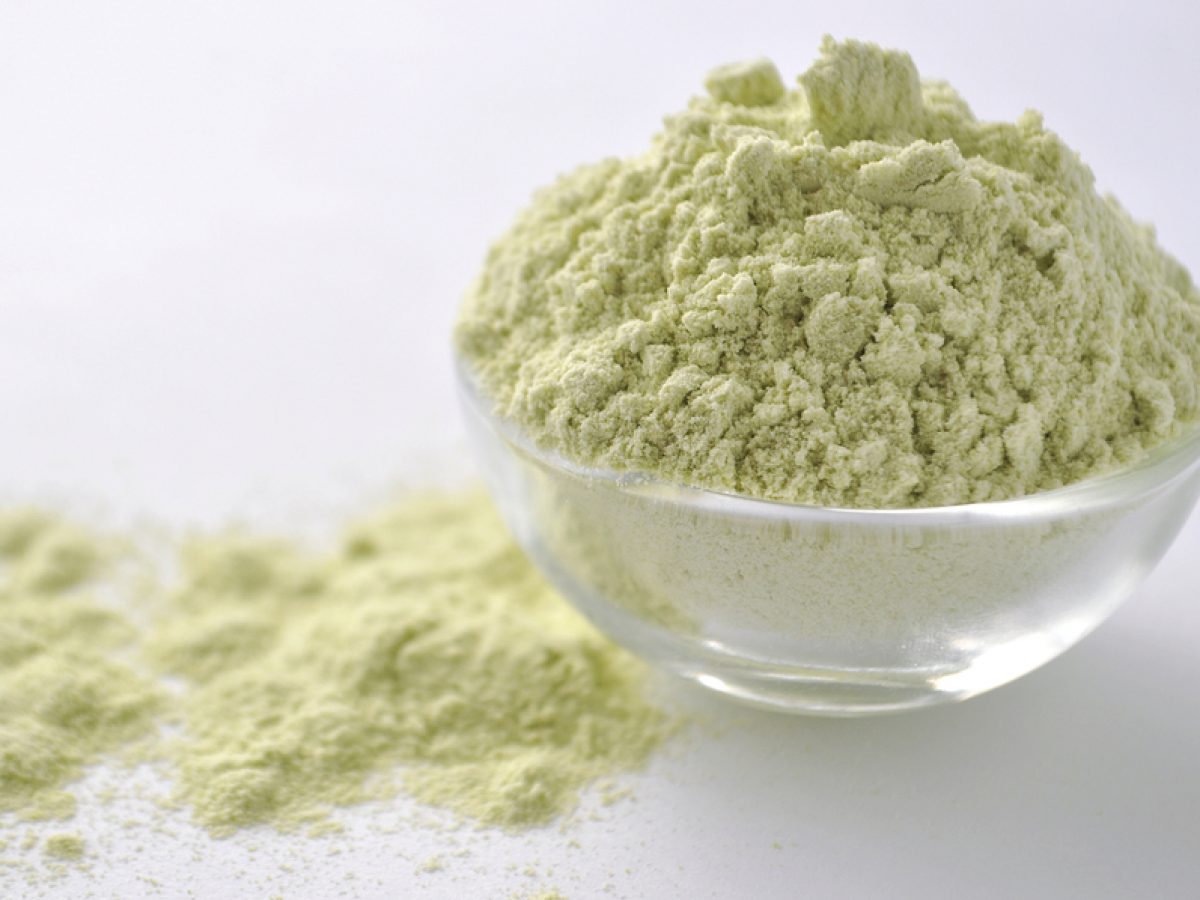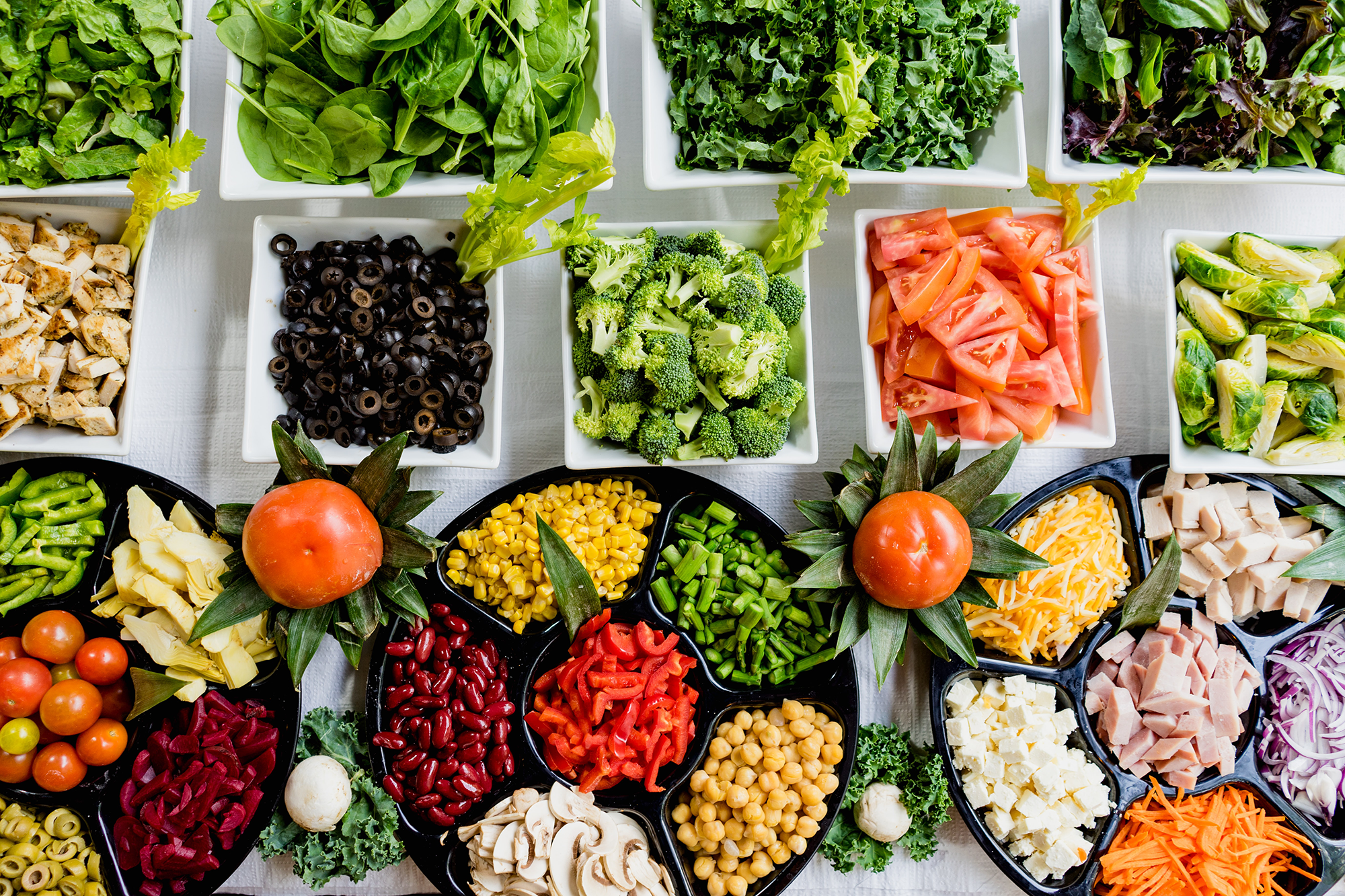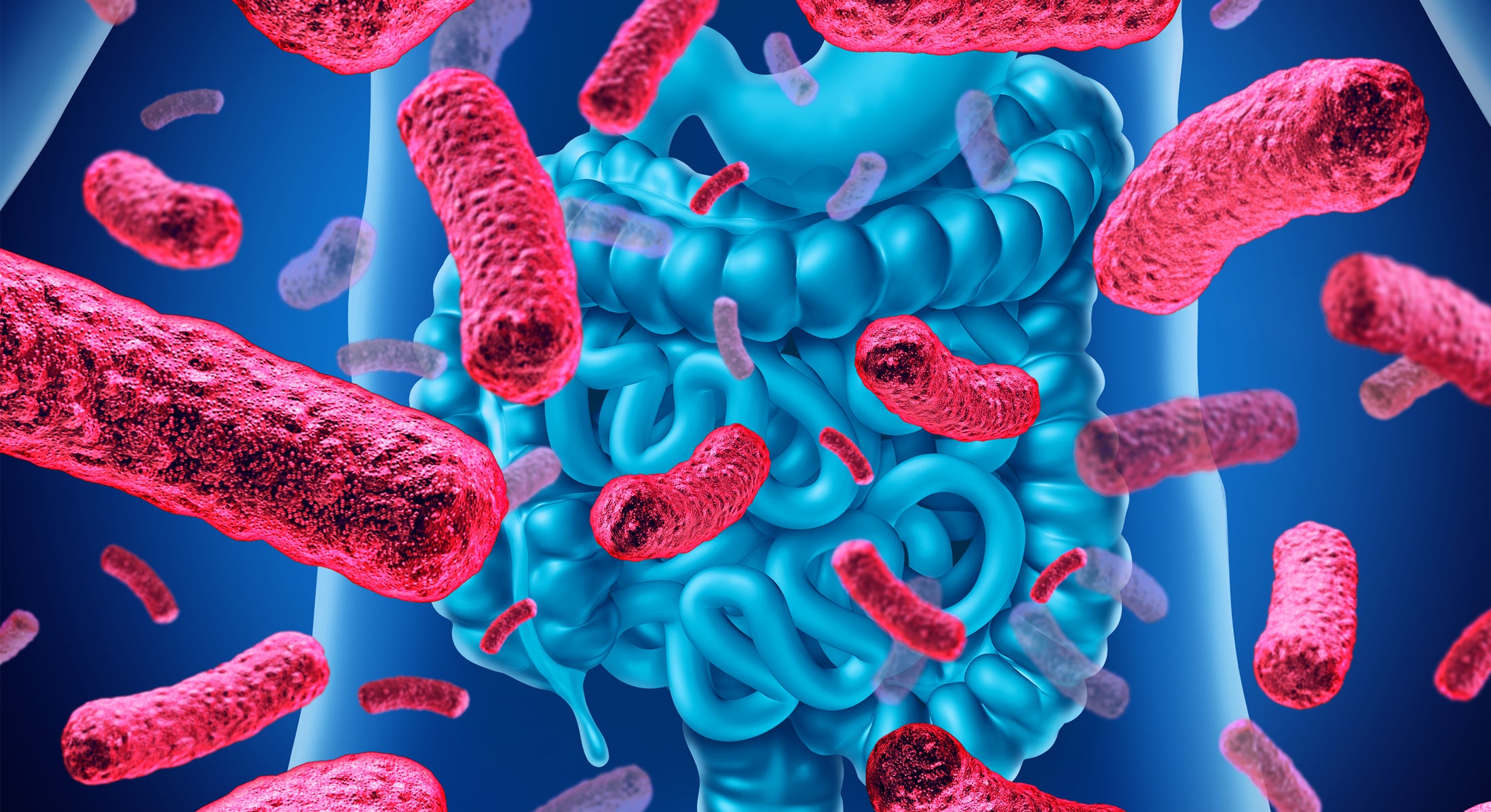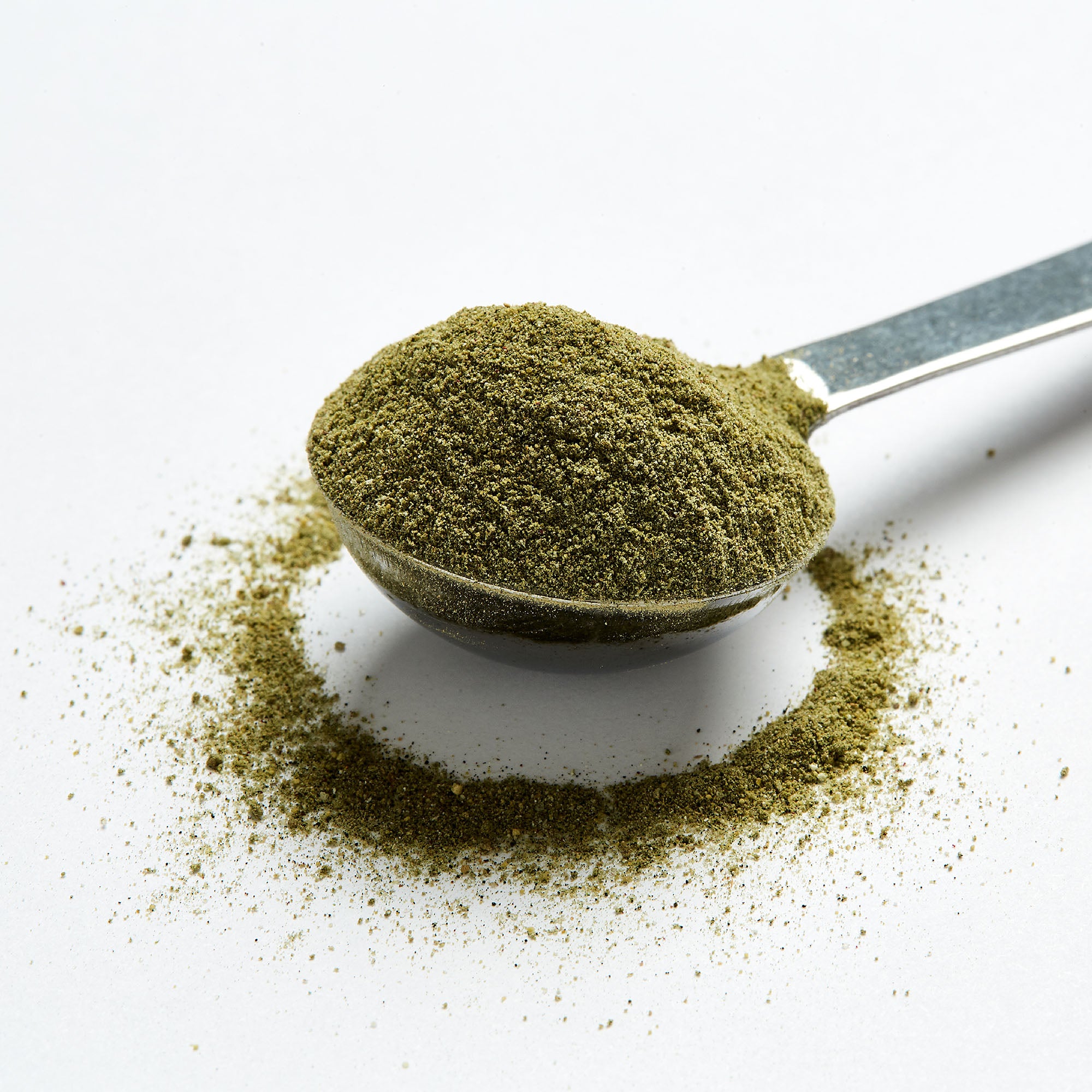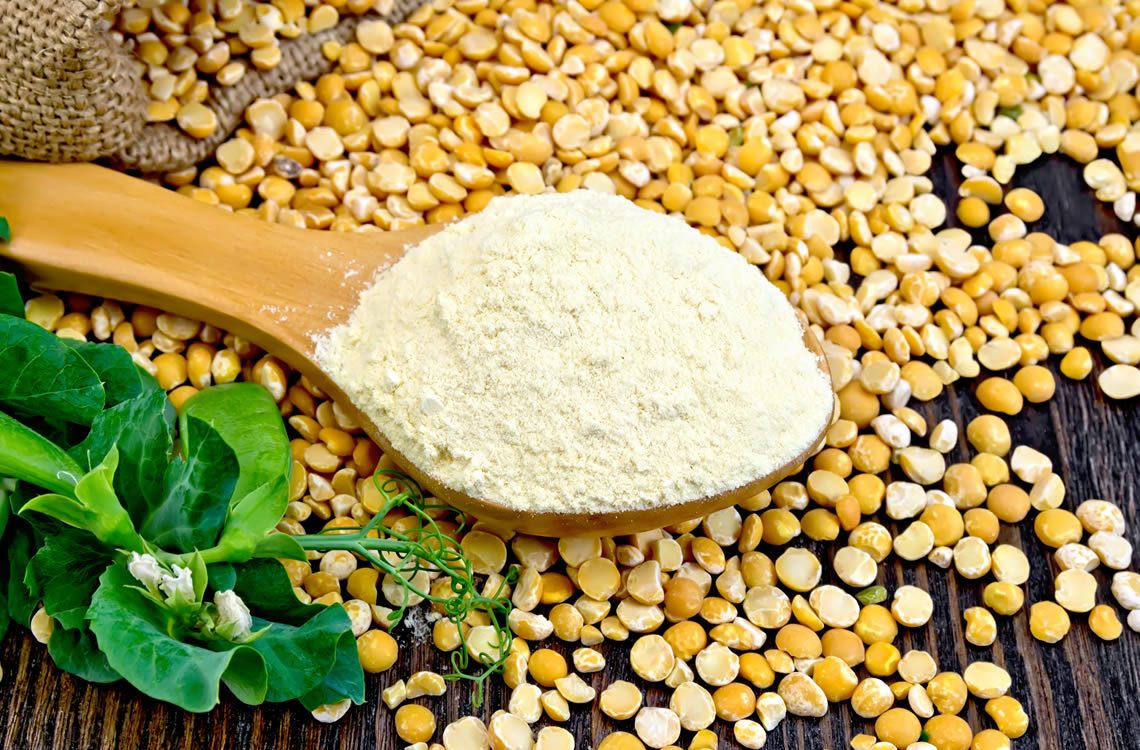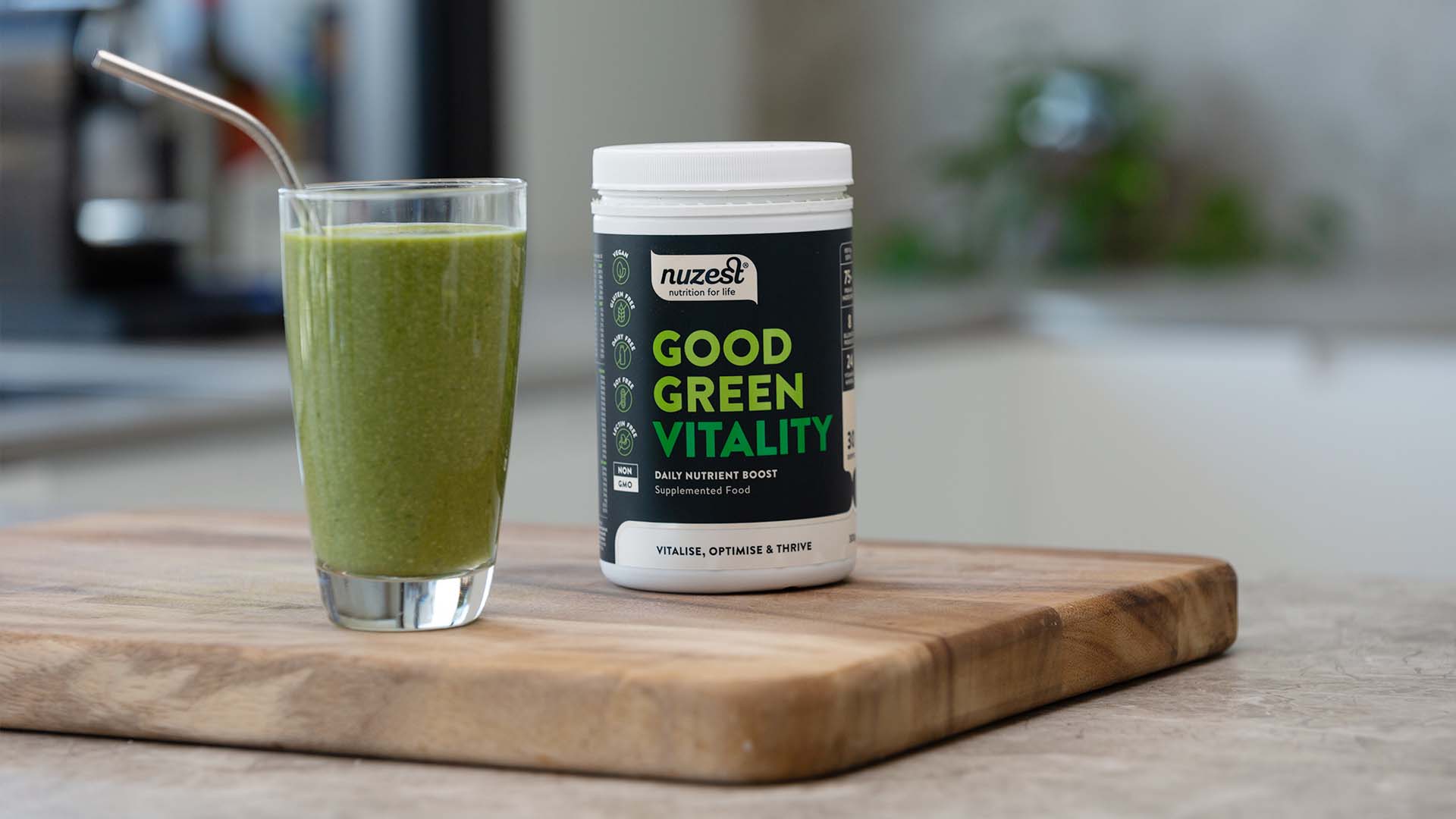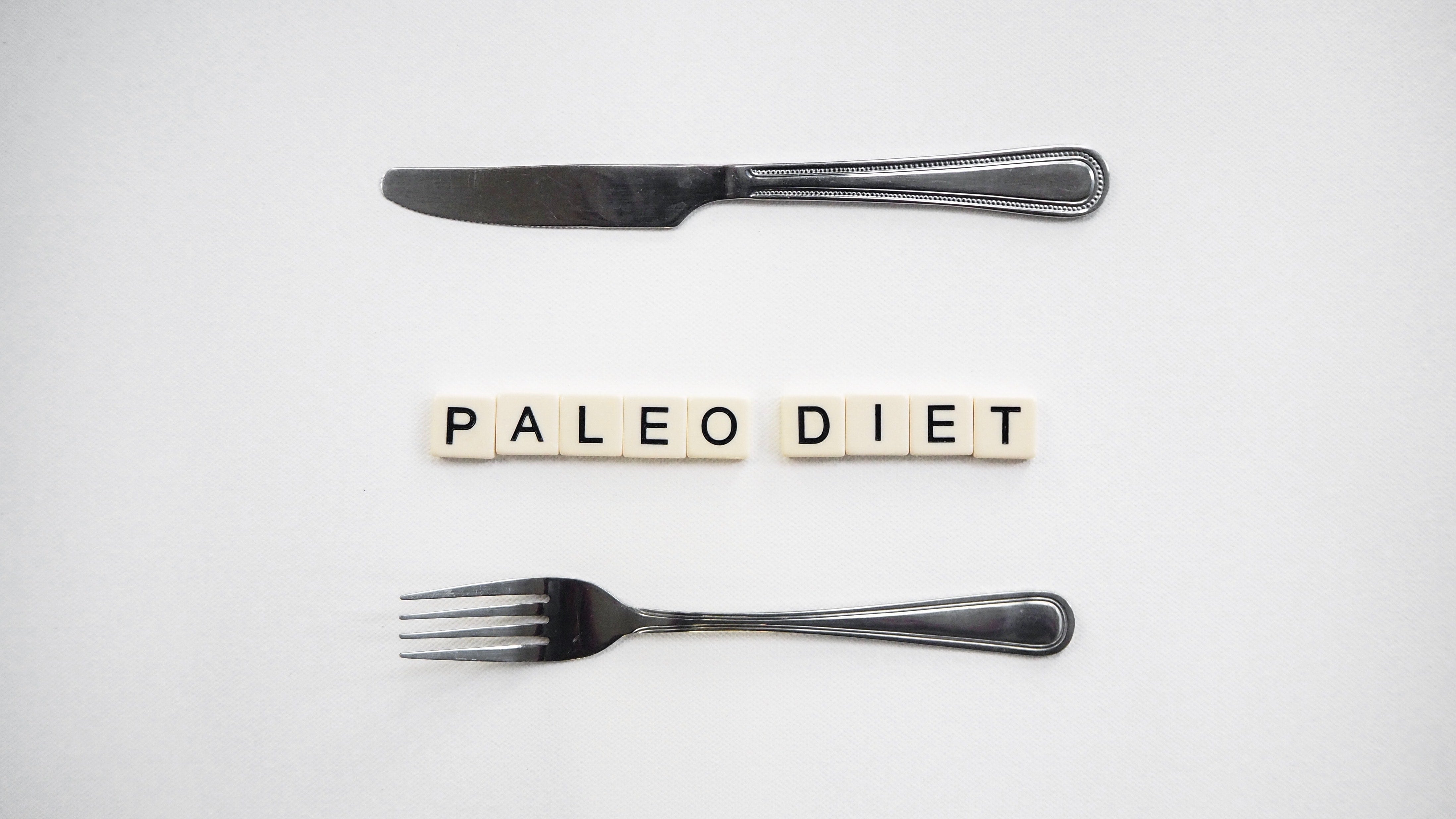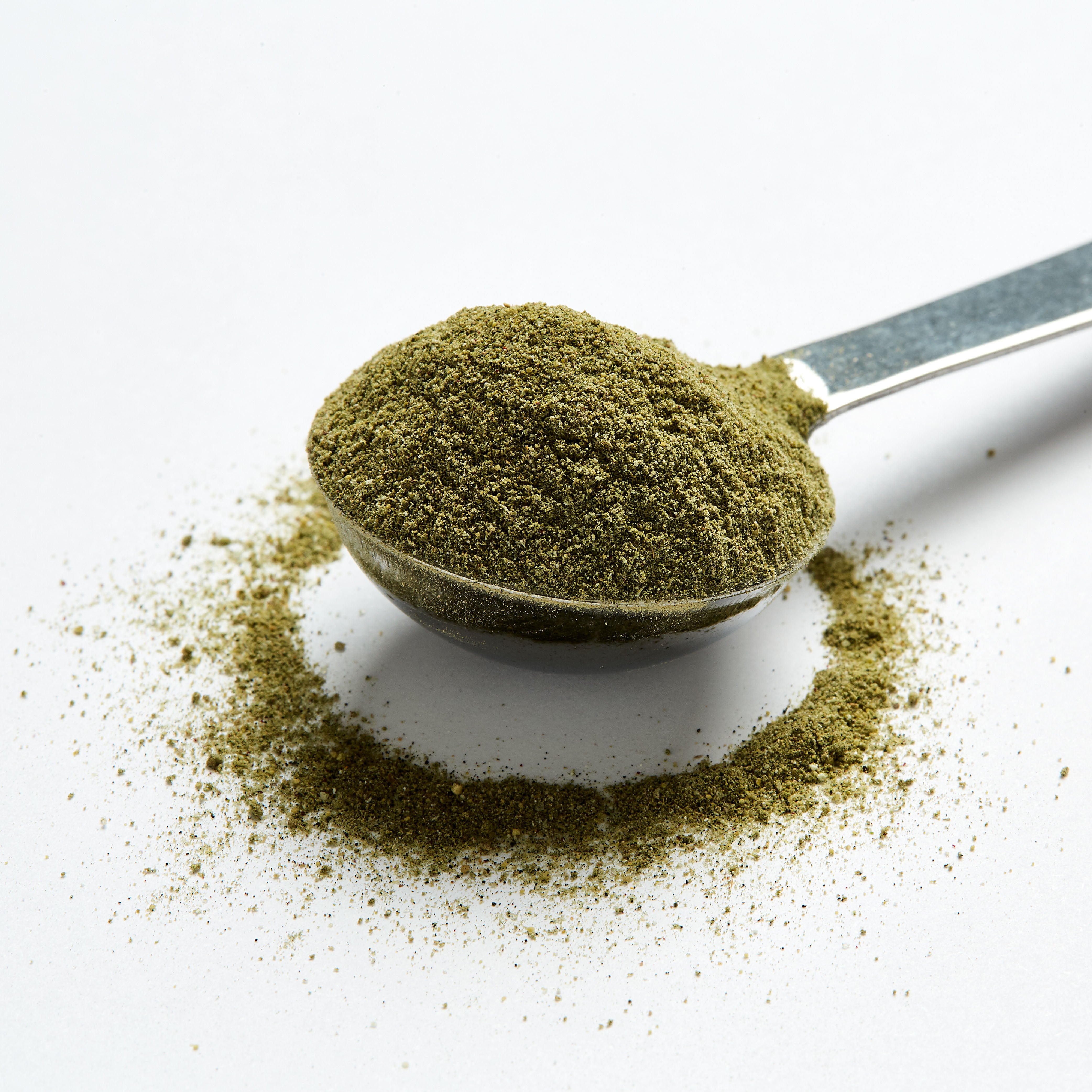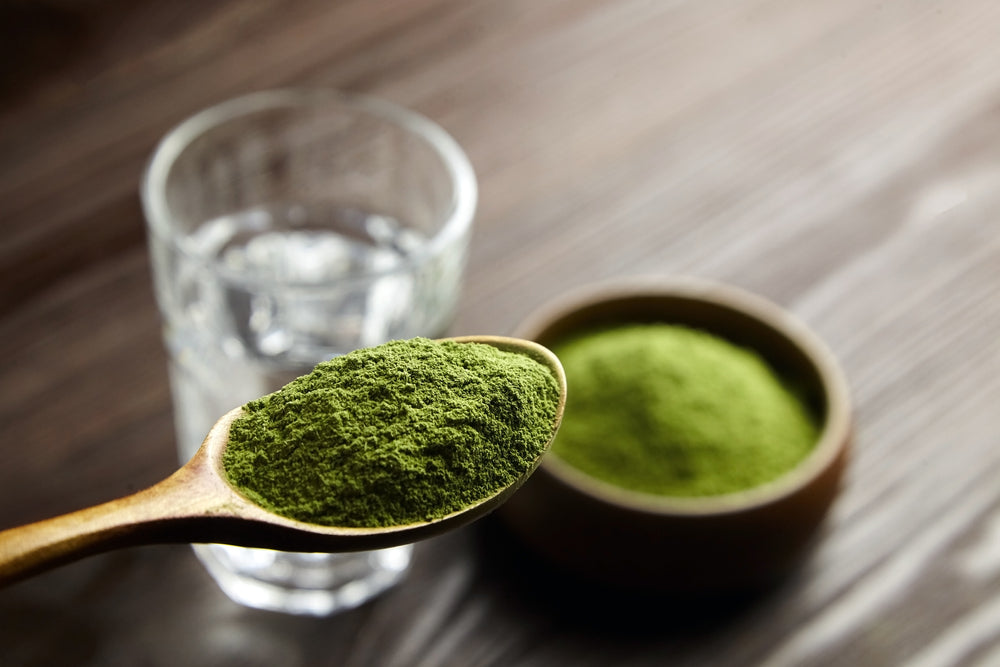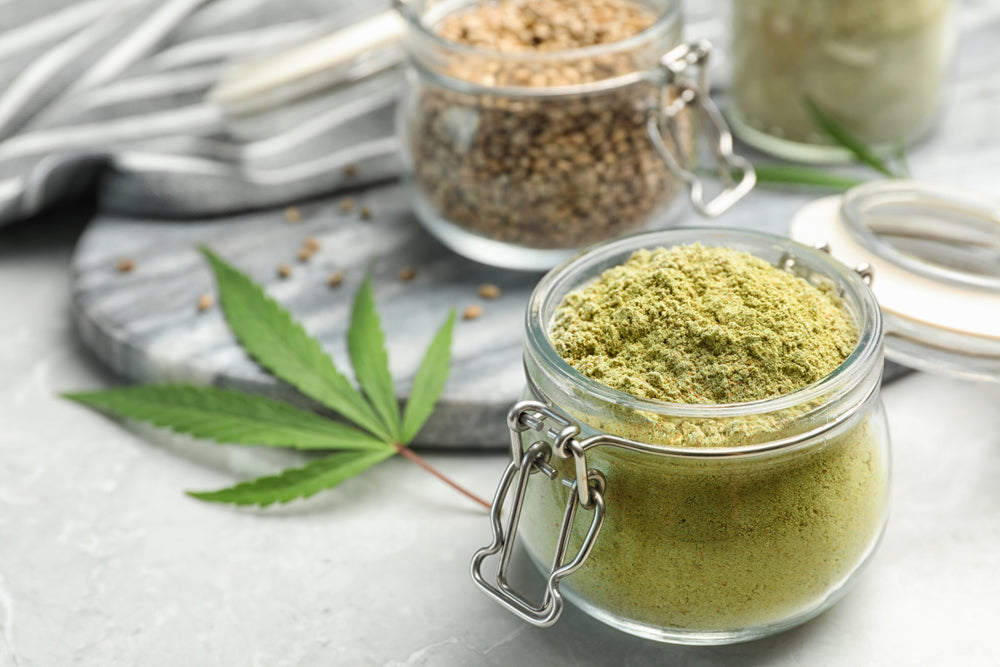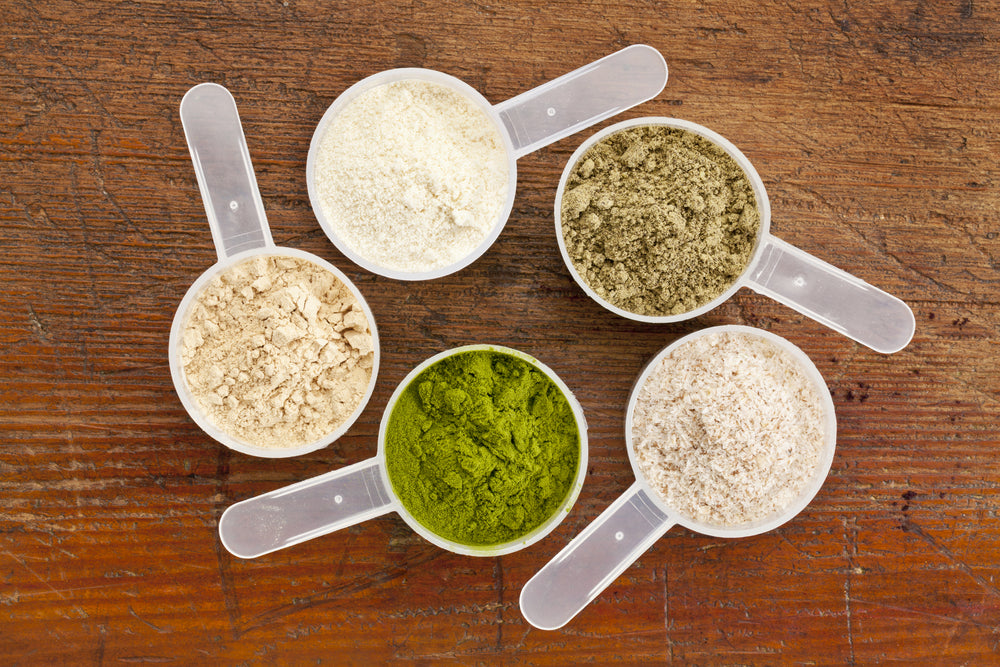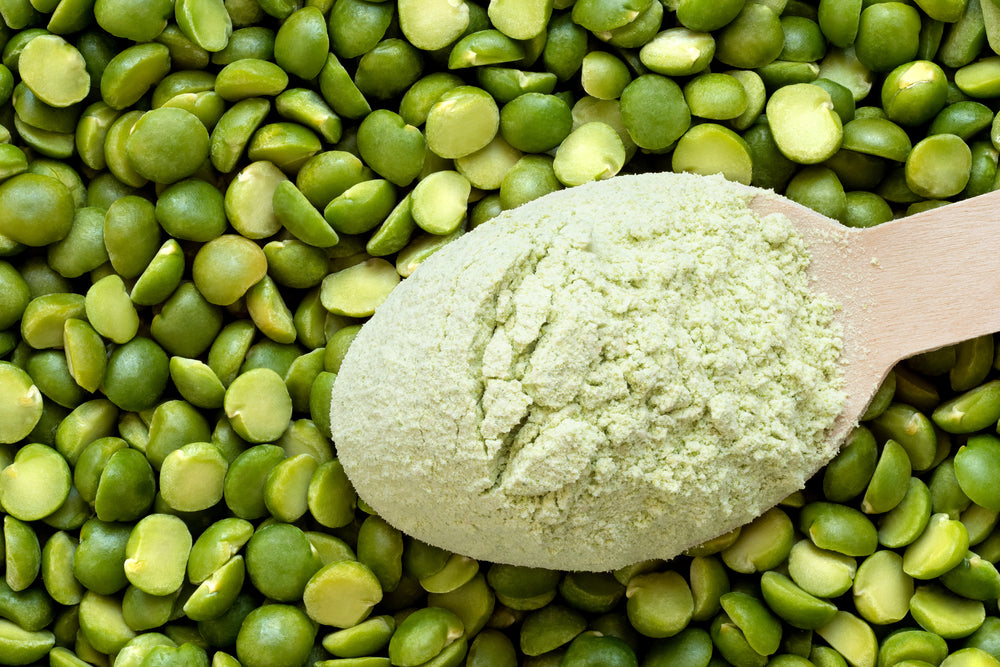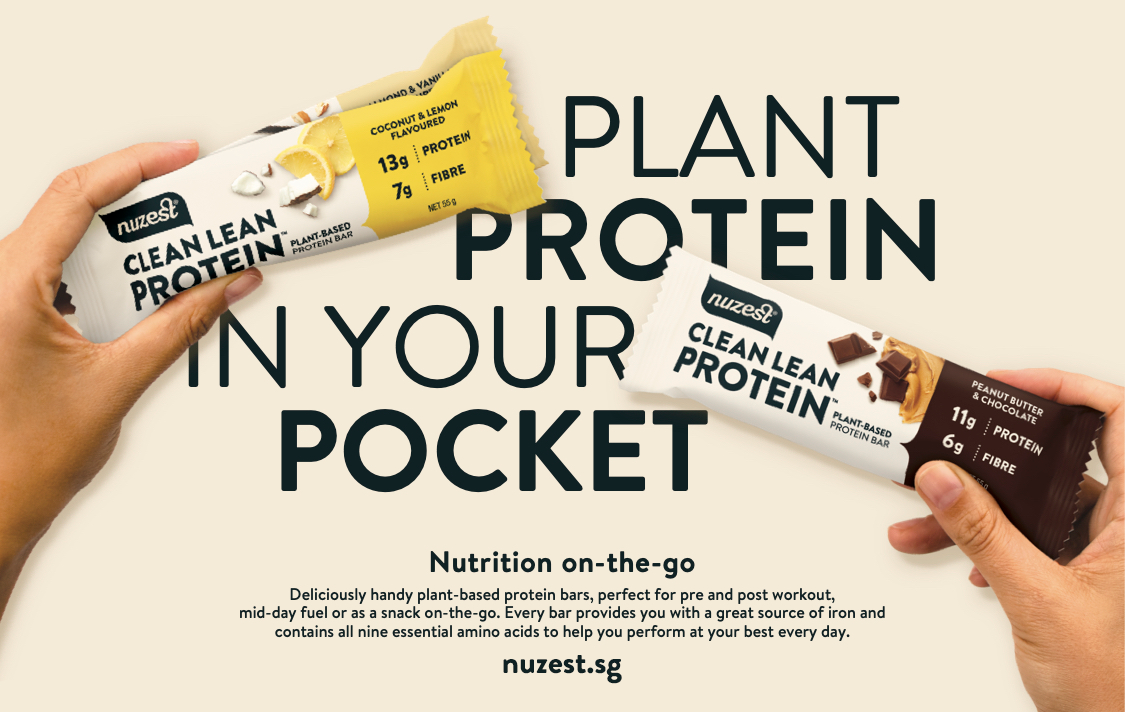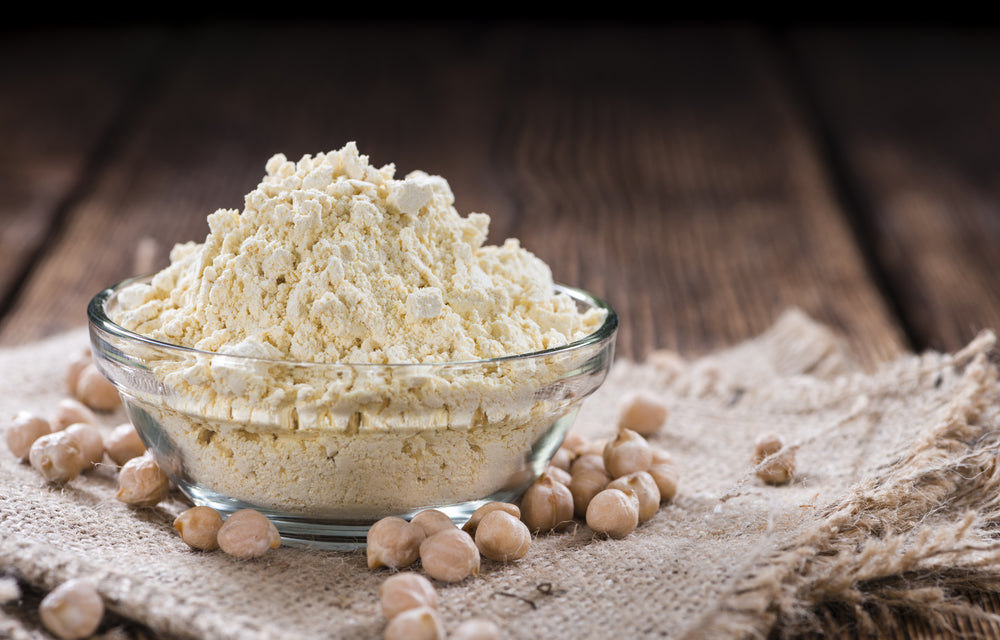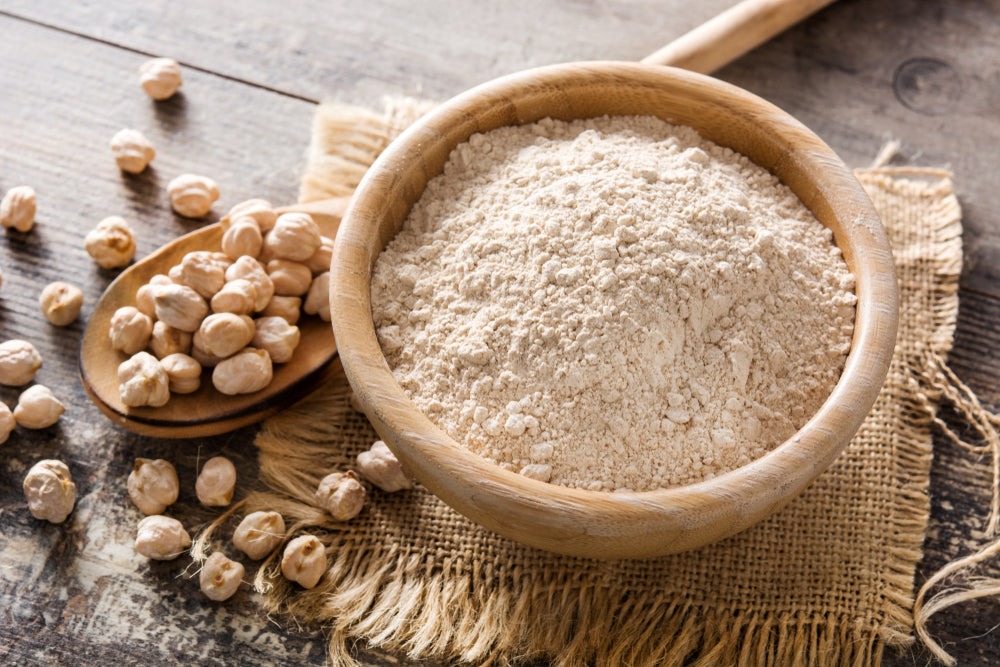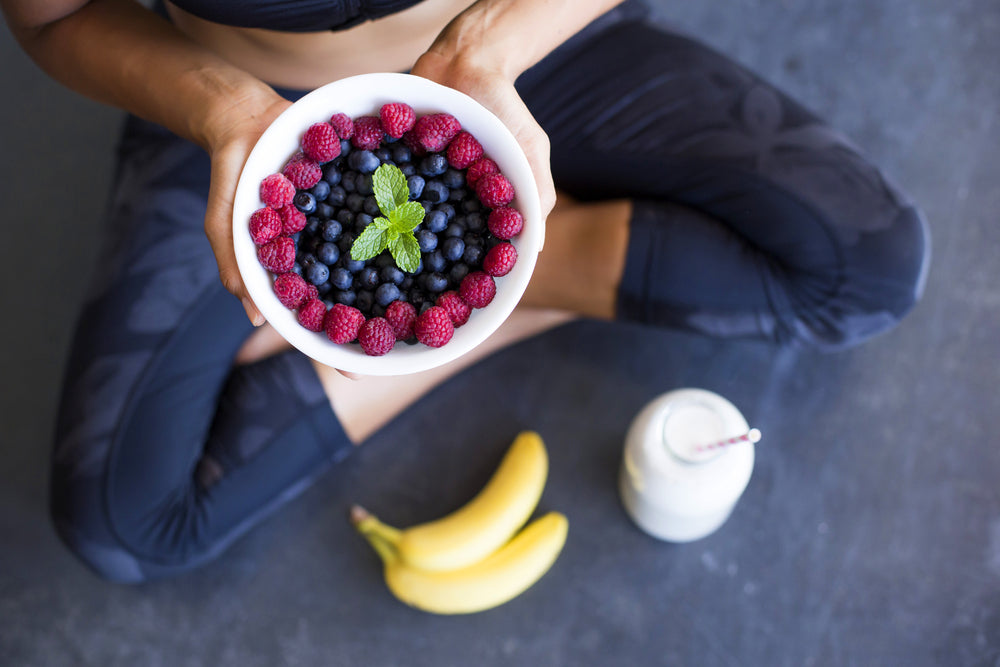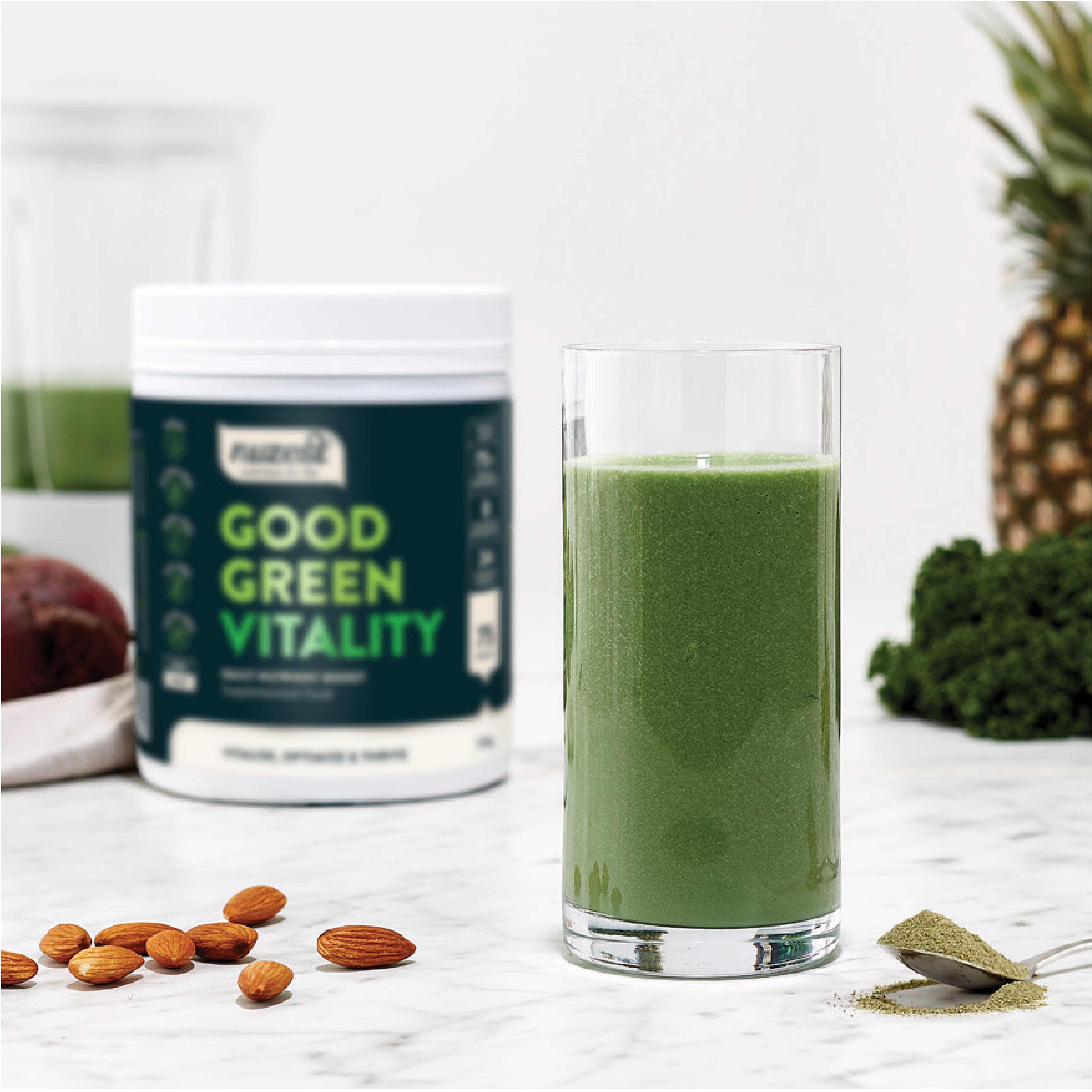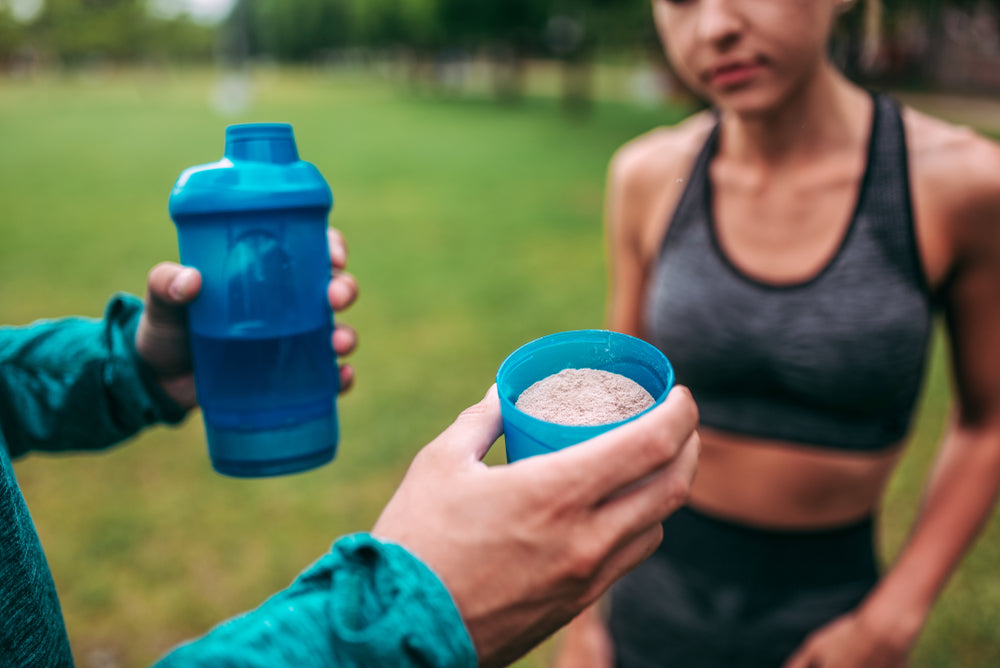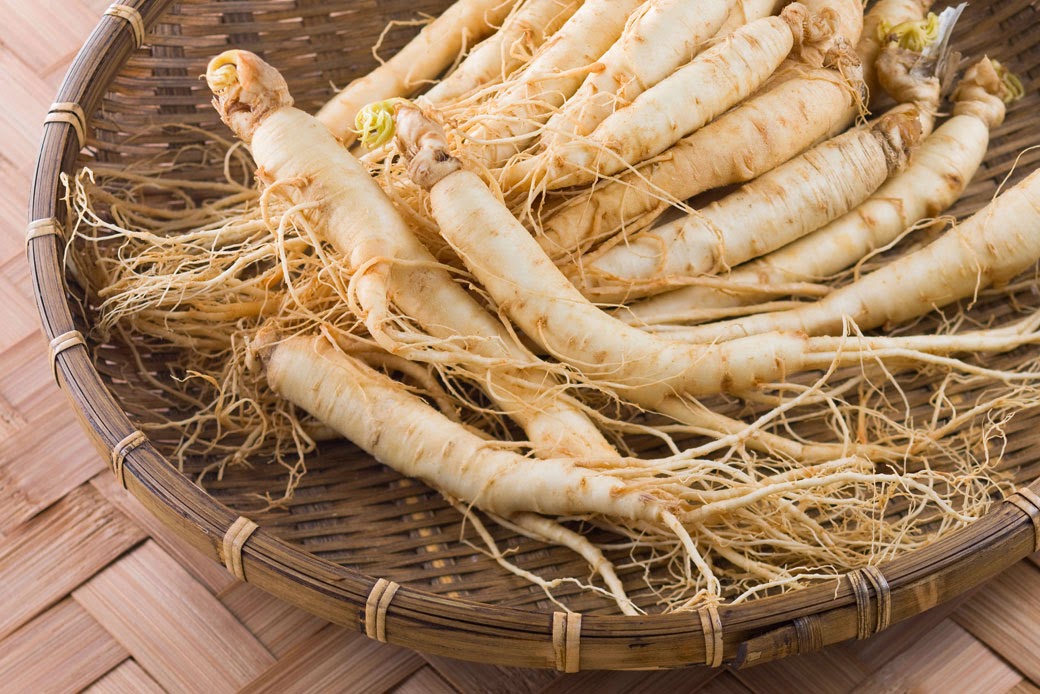You might be surprised to hear that many of us are starving. Not from a lack of calories but from a diet low in essential vitamins and minerals. Increased stress, a lack of variety in our diet, nutrient-depleted soil and a longer food chain all have a part to play.
You might be surprised to hear that many of us are starving. Not from a lack of calories but from a diet low in essential vitamins and minerals. Increased stress, a lack of variety in our diet, nutrient-depleted soil and a longer food chain all have a part to play.
In the modern world we are constantly surrounded by stress and, unlike our ancestors roaming the savannah thousands of years ago, we are not always able to simply respond and then relax. Living in a constant state of ‘fight or flight’ creates high levels of residual stress. To counterbalance this we need a diet rich in B vitamins, magnesium and zinc.
The way that our food is grown and distributed doesn’t help. Intensive farming practices have depleted the micronutrients in soil which used to be passed along the food chain. Rather than eating locally-grown produce, we now source food from a global market. Many vitamins and minerals begin to break down when exposed to heat, light and air – this effect increases the further food travels. By the time food gets on to our plate, it has a much lower nutrient content compared with food several decades ago.
Many of us don’t have a very varied diet – especially vegetables, herbs and berries. Often we eat only three or four types of vegetables on a regular basis, many of which have very similar nutrient profiles. Decades ago, through choice and necessity, people ate a greater variety of seasonal foods.
Luckily there are several ways that we reclaim these lost nutrients.
- Six serves of vegetables per day – remember to increase the range of vegetables you eat as well as the quantity.
- Two to three serves of berries per day – berries are nature’s multi-vitamin. They are packed with the highly antioxidant compounds that help to reduce visible signs of aging and the effects of inflammation associated with cancer and heart disease.
- Use Good Green Stuff – regular use of a high quality greens product is a great way to pack more nutrients in. NuZest’s Good Green Stuff contains over 70 whole food-based ingredients to help provide both nutrient density and variety.
- Eat organic - organic foods provide higher levels of secondary antioxidant nutrients.
- Make super-smoothies - smoothies are a great way to boost the nutrients in our diet. Start with a high quality protein like Clean Lean Protein and add berries, vegetables, Good Green Stuff along with healthy fats like macadamia oil or coconut cream for improved brain health and energy.
In the modern world we are constantly surrounded by stress and, unlike our ancestors roaming the savannah thousands of years ago, we are not always able to simply respond and then relax. Living in a constant state of 'fight or flight' creates high levels of residual stress. To counterbalance this we need a diet rich in B vitamins, magnesium and zinc.
The way that our food is grown and distributed doesn't help. Intensive farming practices have depleted the micronutrients in soil which used to be passed along the food chain. Rather than eating locally-grown produce, we now source food from a global market. Many vitamins and minerals begin to break down when exposed to heat, light and air - this effect increases the further food travels. By the time food gets on to our plate, it has a much lower nutrient content compared with food several decades ago.
Many of us don't have a very varied diet - especially vegetables, herbs and berries. Often we eat only three or four types of vegetables on a regular basis, many of which have very similar nutrient profiles. Decades ago, through choice and necessity, people ate a greater variety of seasonal foods.
Luckily there are several ways that we reclaim these lost nutrients.
- Six serves of vegetables per day - remember to increase the range of vegetables you eat as well as the quantity.
- Two to three serves of berries per day - berries are nature's multi-vitamin. They are packed with the highly antioxidant compounds that help to reduce visible signs of aging and the effects of inflammation associated with cancer and heart disease.
- Use Good Green Stuff - regular use of a high quality greens product is a great way to pack more nutrients in. NuZest's Good Green Stuff contains over 70 whole food-based ingredients to help provide both nutrient density and variety.
- Eat organic - organic foods provide higher levels of secondary antioxidant nutrients.
- Make super-smoothies - smoothies are a great way to boost the nutrients in our diet. Start with a high quality protein like Clean Lean Protein and add berries, vegetables, Good Green Stuff along with healthy fats like macadamia oil or coconut cream for improved brain health and energy.

